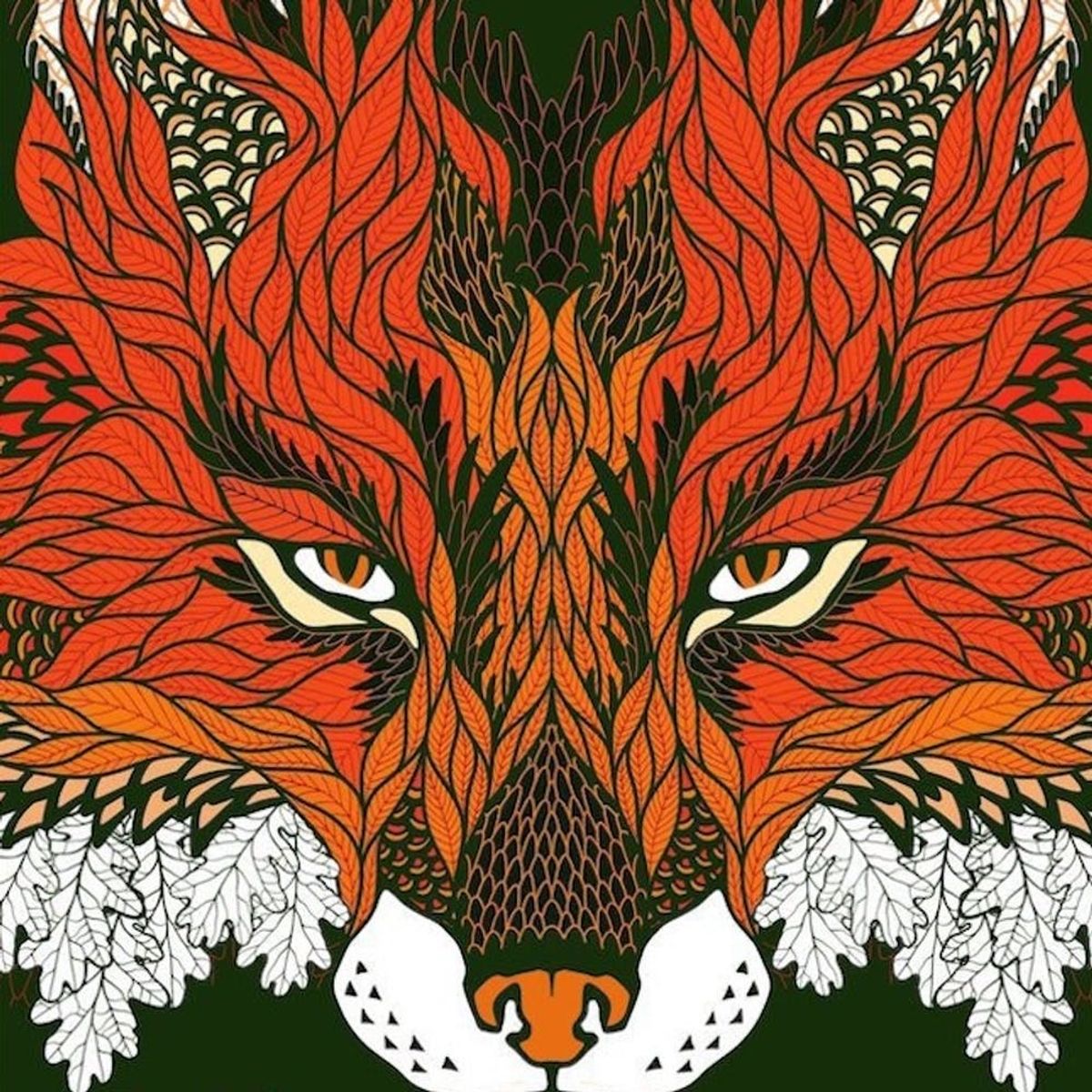The 3 Books to Take You Back to Summer Survival Camp RN

Summer is all about exploring the wilderness and discovering nature, even if it’s just observing the passing wildlife from your favorite patio. In this week’s book club, we take you to literary summer survival camp; read on for stories about taming the great outdoors, and what happens when the outdoors fights back.
1.To the Bright Edge of the World by Eowyn Ivey ($20): In 2016, summer’s a great time to take an Alaskan cruise and take in all the beauty of the state’s glaciers, mountains and wildlife. In the winter of 1885, however, Alaska was a forbidding and uncharted land. Eowyn Ivey, Pulitzer Prize finalist for The Snow Child, delivers an “even better” (Library Journal) new novel about adventure, discovery and charting the great unknown.
Like your old camp diary, the book is written in journal style, with two separate records being kept by Colonel Allen Forester and his wife, Sophie. For Allen, his journal is a tale of fording the Wolverine River and mapping the Alaskan territory, and perhaps the last memories his wife will receive from him if he doesn’t return. For Sophie, her journal is a tale of fording the no-less-dangerous social structures of the Vancouver Barracks; newly pregnant and disheartened by her inability to explore with her husband, she is taken by the nascent art of nature photography and uses it to temporarily escape her restrictive world. Of her adventures, she writes, “I go because I long to see this wild place for myself.”
Forester and his expedition, “the Alaskan equivalent of Lewis and Clark,” encounter native tribes, wild animals and a new comprehension of the beauty, tribulations and dangers of the outside world. An almost mystical force seems to hang in the balance over them at all times, manifesting itself in images like a baby sustained by a tree root. Interspersed with future letters, maps and sketches, the stories provide a bold picture of a brave new world. “In this splendid adventure novel,” Publisher’s Weekly writes, “Ivey captures Alaska’s beauty and brutality, not just preserving history, but keeping it alive.”
2. The Trees by Ali Shaw ($21): Nature literally comes alive in Desmond Elliott Prize winner Ali Shaw’s The Trees, a darkly beautiful novel about an ecological apocalypse. If you were that kid at summer camp (the one who desperately wanted to just stay in the arts and crafts tent), you might have felt like the woods were out to get you. This turns out to be the truth in Shaw’s mysterious book, which opens with a bizarre occurrence: Overnight, entire cities are completely overtaken by enormous trees, which spring from the ground fully formed, creating vast forests and uprooting everyone’s lives.
“Then the trees came. The forest burst full-grown out of the earth, in booming uppercuts of trunks and bludgeoning branches. It rammed through roads and houses alike, shattering bricks and exploding glass. It sounded like a thousand trains derailing at once, squealings and jarrings and bucklings all lost beneath the thunderclaps of broken concrete and the cacophony of a billion hissing leaves,” writes Shaw. Former schoolteacher Adrien Thomas, trying to find his wife (away on a business trip) through the chaos, joins forces with an unusual woman named Hannah and her son. Hannah’s brother, conveniently, is a forester, and they feel locating him may increase their chances of endurance in this new tree-lined world.
At once violent and edgy, surreal and gentle, the ecological fable is at the same time a horror movie and a fairy tale, where trees are no longer a sustaining but a destructive force. Those survival skills you learned at camp may just come in handy.
3. The Bones of Paradise by Jonis Agee ($22): There’s one more frontier to survive in our last book recommendation. Agee, the award-winning and best-selling author of The River Wife, brings us a layered Western that is at once a mystery, a love letter to the American West and a sprawling family history. Ten years following the brutal massacre of hundreds of Lakota by the Seventh Cavalry at Wounded Knee, there is another murder, as a white rancher named J.B. Bennett and a young Native American woman, Star, are found dead on J.B.’s property. This is only the beginning of a series of family secrets that are unleashed, as the Bennett family gathers to solve the mystery.
“A person had to keep his eye on the smallest detail while the vast emptiness constantly tugged at his vision,” writes Agee. “You can get lost in a heartbeat out here.” The land and weather are their own characters in the novel — almost untamable, wild, dangerous and stunningly lovely, they try the fortitude of Star’s sister Rose and the Bennett family.
Rose desperately tries to achieve justice for her sister, with the deaths of her people still nearly fresh in her mind. She’s joined by another force of nature, her best friend and Bennett’s estranged wife, Dulcinea. Can Dulcinea solve the puzzle and maintain her hold on the ranch and its precious oil rights? Can the family survive its complicity in attempted genocide? Should it? The Bones of Paradise explores the connection between the vast and expansive prairie and the intimate, intricate personal lives of the people who try to tame it. Sure makes camping (or glamping) seem like a walk in the park.
What books help you survive? Tag us in your next wild read @BritandCo.
Brit + Co may at times use affiliate links to promote products sold by others, but always offers genuine editorial recommendations.



















